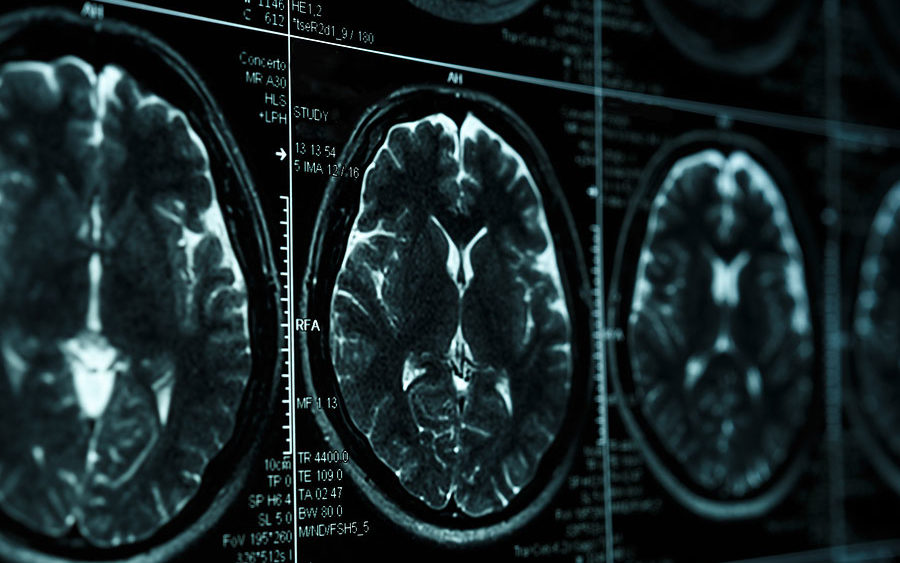BDNF is brain-derived neurotrophic factor and critical brain-growth hormone. In his book, Brain Maker, Dr. David Perlmutter describes BDNF as:
“being involved in neurogenesis, the process by which new neurons are created, and also protecting existing neurons, ensuring their survival and encouraging connections, or synapses, between them. This synapse formation is essential for thinking, learning, and higher levels of brain function. Decreased levels are found in a panoply of neurological conditions, including Alzheimer’s, epilepsy, anorexia nervosa, depression, schizophrenia, and obsessive-compulsive disorder.”
In a study published in JAMA Neurol., 2,131 dementia-free participants aged 60 years were followed for 10 years. BDNF blood levels were obtained at the beginning of the study and repeated 10 years later. Those individuals with the highest serum BDNF were less likely to develop Alzheimer’s disease than those who had the lowest levels of BDNF. The conclusion?
“Higher serum BDNF levels may protect against future occurrence of dementia and AD. Our findings suggest a role for BDNF in the biology and possibly in the prevention of dementia and AD, especially in select subgroups of women and older and more highly educated persons.”
Not only neurological problems are associated with decreased BDNF levels. A study published in Experimental Physiology discusses its relationship to obesity, Type II diabetes, and cardiovascular disease — along with depression, dementia, and cognitive impairment, as depicted below:

Experimental Physiology Volume 94, Issue 12 December 2009 Pages 1153–1160
What does this mean in layman’s terms? Studies have shown that people who suffer from obesity and Type 2 diabetes have low BDNF levels — and those who have high levels of it are less prone to dementia and Alzheimer’s disease. Is this something you can affect? Yes!
Lack of exercise and a deficiency of the omega-3 fatty acid DHA have been associated with decreased BDNF levels. So, get at least 30 minutes of aerobic exercise every day, and consume adequate amounts of omega-3 fatty acids such as DHA or take a DHA supplement like DHActive twice a day. You may also focus on resveratrol — a natural polyphenol compound that increases BDNF. Some of our products that contain this important ingredient are ATP Activate, ATP Activate: Athlete’s Formulation, Xeno Detox, ResveraTri, and Neuroflam.
Lack of beneficial bacteria in bowel, especially Lactobacillus brevis and Bifidobacterium longum, has also been shown to result in low serum levels of BDNF. Dr. Perlmutter describes five core probiotic species: Lactobacillus plantarum, Lactobacillus acidophilus, Lactobacillus brevis, Bifidobacterium lactis and Bifidobacterium longum — all found in Microbiome Acute. When’s the last time you tested the bacterial content of your bowel (microbiome)? It’s essential to have an optimal microbiome to achieve optimal health and longevity. Test, don’t guess, because the wrong probiotic can have negative consequences.
Something else to be aware of is Lipopolysaccharide (LPS), a cell wall component of gram-negative bacteria that induces neuronal death, decreases neurogenesis, and impairs synaptic plasticity and memory. In a study published in Brain Behav Immun., LPS was induced in rats to determine its effect on BDNF levels in various parts of the brain. The level of BNDF was decreased by 20% in the hippocampus (the memory center), and all parts of the brain were affected. The study concluded that..
“the neuroprotection mediated by neurotrophins (BDNF and others) in the brain are compromised by systemic immune activation induced by LPS.”
Products that reduce LPS are Berberine, Pepcix, and IG26 or Probiomax IG26 — and Opti-Neuro-Mag heals the hippocampus.
Since the release of BDNF from the brain into the circulation is related to glucose levels, it’s important to maintain a low glycemic diet. There are numerous supplements that will assist in maintaining normal glucose levels, including Berberine, ALAmed CR, D3 Active 5000, ChromeMate GTF 600, Glucose Modulate and Fiber Lean Pro.
It’s also important to decrease inflammation with an anti-inflammatory diet and have a test to ensure that leaky gut, which releases LPS, is not present. Curcuminoid BCM-95 and Curcuminoid CR are excellent anti-inflammatories.
Is your level of BDNF optimal?

About the Author
Douglas C. Hall, M.D.
Dr. Douglas Hall, was born in Indianapolis, Indiana on Jan. 30, 1941. He received his BS and Doctor of Medicine at the University of Florida, training in obstetrics and gynecology. Dr. Hall has been in private practice since 1974 and currently has a large practice in Ocala, specializing in OB/GYN and Functional Medicine.


